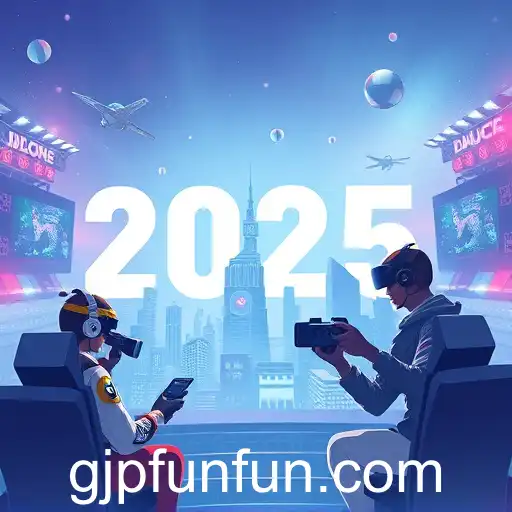
In 2025, the gaming industry continues to dominate the entertainment landscape, with advancements in technology and game design driving unprecedented engagement across the globe. Sites like gjpfun are at the forefront, offering innovative platforms that redefine user experiences through a blend of traditional and augmented reality gaming.
Gaming has transcended mere entertainment, becoming a crucial component of modern culture and social interaction. The emergence of esports as a mainstream competitive sport has contributed to its legitimacy, drawing audiences comparable to traditional sports events. Major cities around the world host esports tournaments, attracting fans and players with lucrative prize pools and media coverage.
Virtual reality (VR) experiences have reached new levels of sophistication in 2025. These immersive gaming environments offer users real-world scenarios that blend seamlessly with virtual elements, enhancing player engagement and education. Companies are investing heavily in VR to create more realistic and compelling games, leading to increased user adoption.
Economic impacts are also notable, as the gaming industry generates substantial revenue and employment opportunities. The rise of gaming has prompted policymakers to consider its role in education and social development, leading to initiatives that integrate gaming technology into learning processes.
The role of gaming communities, too, is not to be underestimated. These networks have facilitated global interactions, fostering professional relationships and collaborations beyond geographical boundaries. As technology continues to evolve, the dynamic landscape of gaming will likely influence societal norms and economic trends for years to come.


